Coronavirus delaying cancer treatments for Birmingham patients, say GPs
- Published
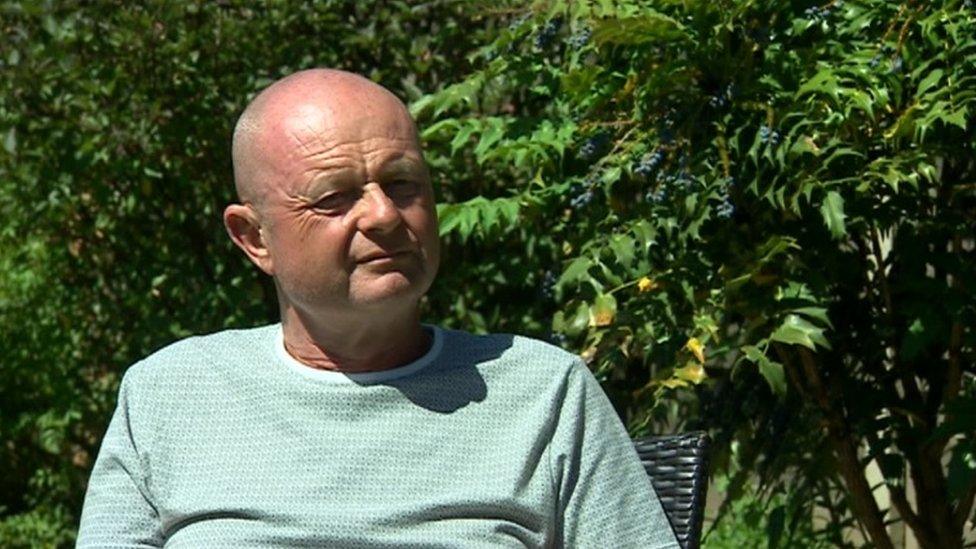
Chris Durcan says he has been "in limbo" for two months waiting to hear from the Queen Elizabeth Hospital
Patients suspected of having cancer are not getting appointments or diagnostic tests in Birmingham because efforts are focused on coronavirus, GPs say.
In March, University Hospitals Birmingham NHS Foundation Trust said it was suspending some treatments.
Dr Robert Morley, from GP support group Birmingham Local Medical Committee, said they have written to commissioners over their concerns.
The hospital trust said referrals have been "severely modified" by the virus.
Patient Chris Durcan, of Hall Green, Birmingham, said he has been "in limbo" for two months waiting to hear from the Queen Elizabeth Hospital as to when he can go to undergo tests.
The 61-year-old, who has a family history of prostate cancer, had an MRI scan in March which revealed a two-centimetre lesion on his prostate that he said he was told "may be a high-grade tumour".
He said he was told he needed an urgent biopsy to find out, but since the coronavirus pandemic, has been told he will be contacted in four months.
"I could be dead in four months," Mr Durcan said.
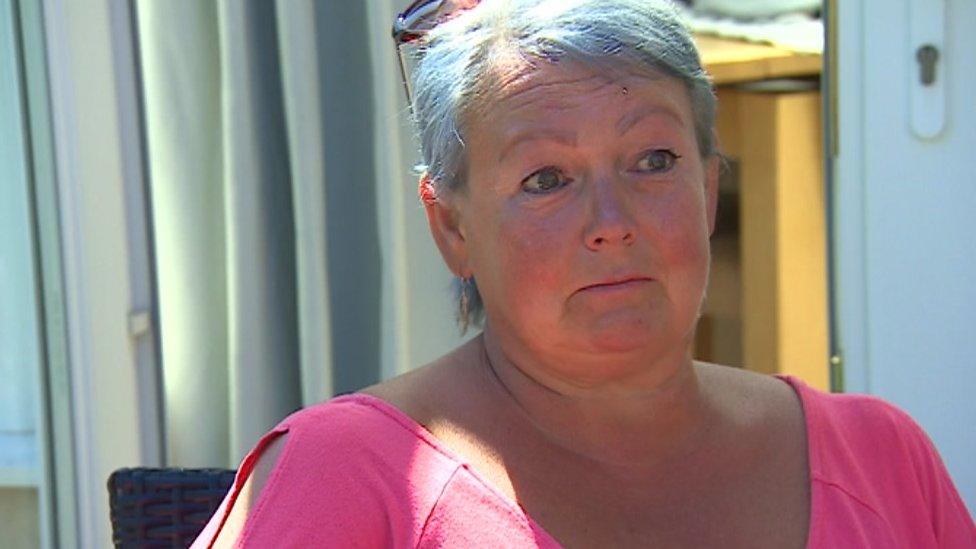
Alison Durcan said she felt "helpless"
His wife Alison said: "We feel completely and utterly helpless and you just cannot do a thing.
"He could be having treatment now but I just don't know."
Other patients are waiting for colonoscopies and the taking of blood and stool samples, but are still waiting to hear from the trust since being told they may have cancer, BBC Midlands Today's health correspondent Michele Paduano said.
Dr Morley said he had been informed of cases where a GP had thought a patient needed urgent assessment and these "weren't dealt with in the right timescale or indeed haven't been dealt with at all".
In a statement, the trust said that during the first phase of the pandemic staff "had to manage elective referrals in a severely modified way due to resource constraints".
It said it had since arranged "to step up urgent outpatient and diagnostic appointments" and hoped to bring these back to pre-pandemic levels "at the earliest opportunity".

A SIMPLE GUIDE: How do I protect myself?
AVOIDING CONTACT: The rules on self-isolation and exercise
HOPE AND LOSS: Your coronavirus stories


Follow BBC West Midlands on Facebook, external, Twitter, external and Instagram, external. Send your story ideas to: newsonline.westmidlands@bbc.co.uk , external
- Published20 May 2020
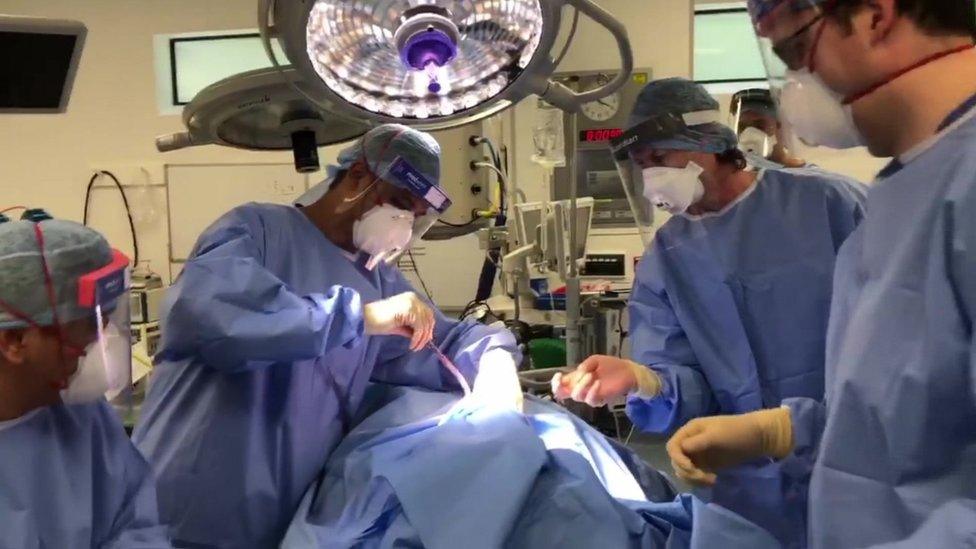
- Published29 April 2020

- Published13 April 2020
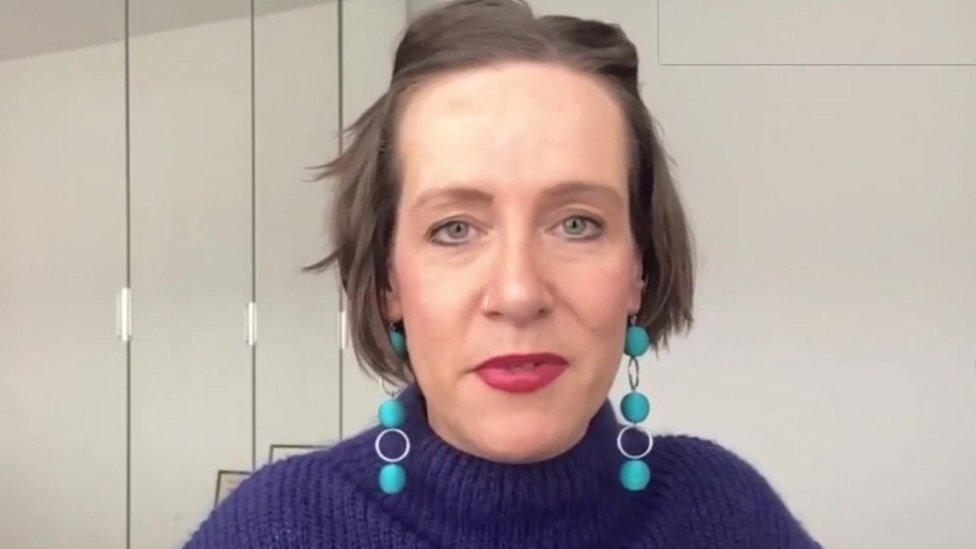
- Published25 March 2020
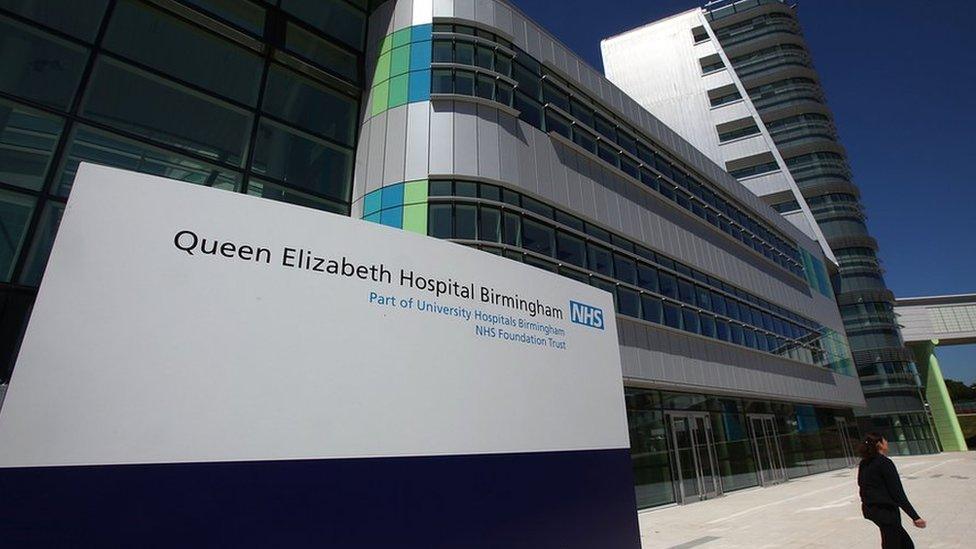
- Published18 March 2020
